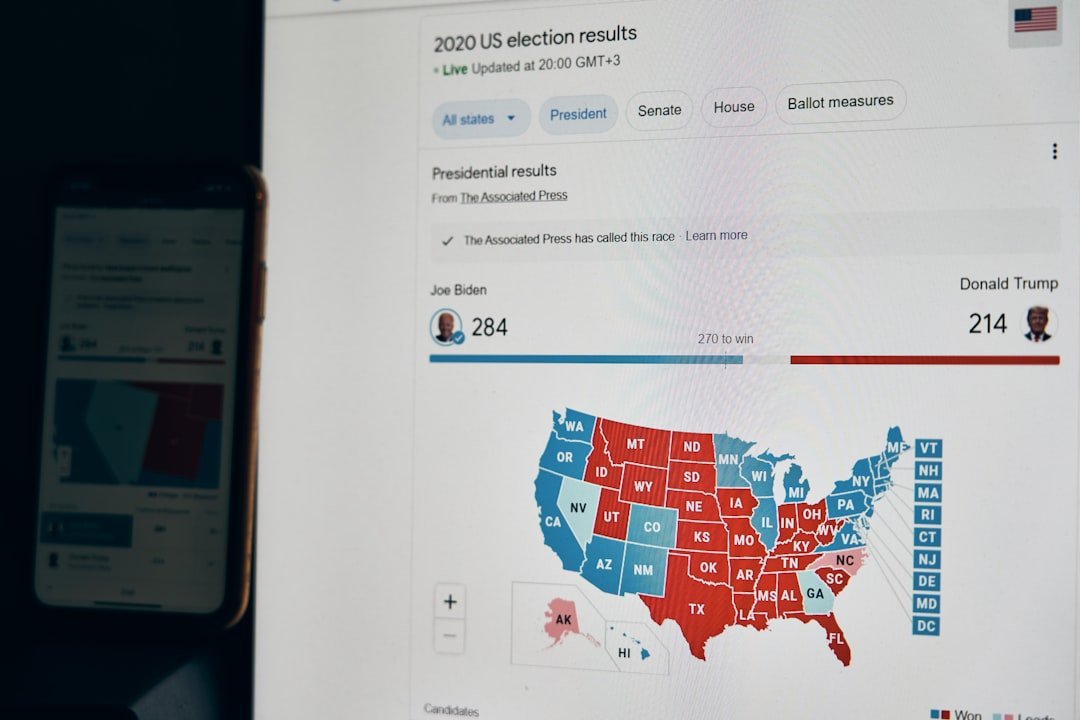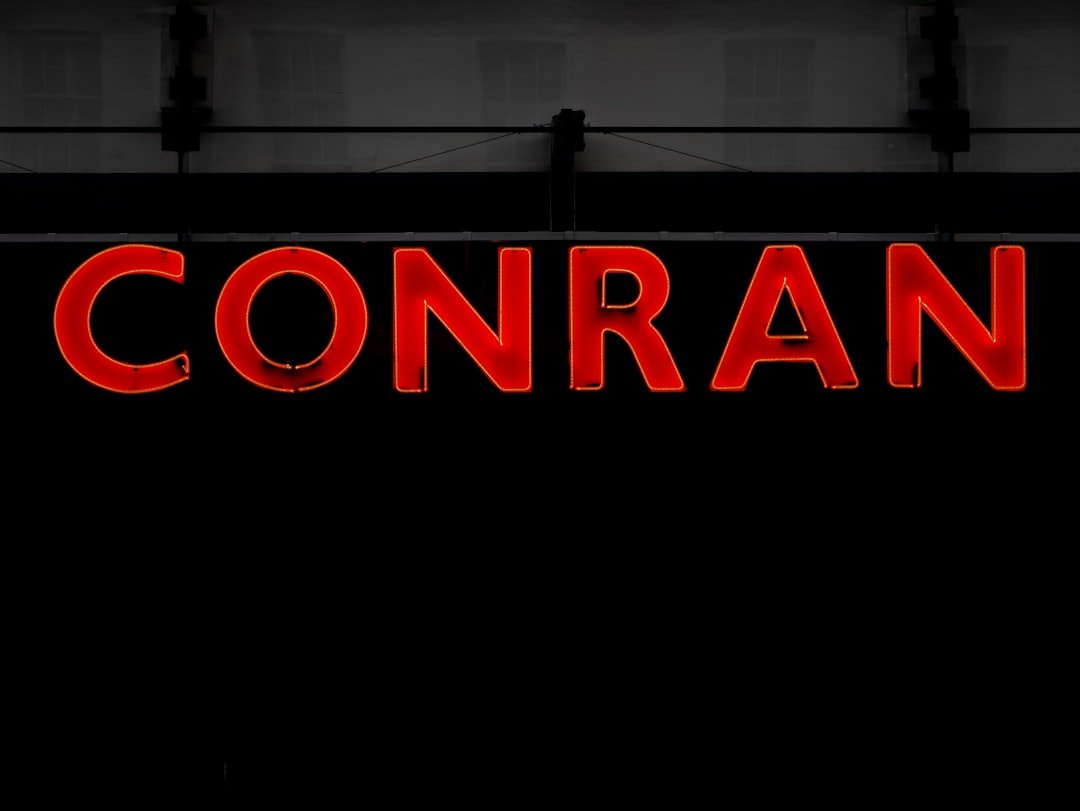Elections 2025: How Social Media is Influencing Voters
The 2025 elections are fast approaching, and the political landscape is already being significantly shaped by the pervasive influence of social media. From candidate campaigns to voter engagement, social media platforms are no longer just tools for communication; they are powerful forces influencing public opinion and potentially determining election outcomes. This blog post explores the multifaceted ways social media is impacting voters and the upcoming election.
The Rise of Social Media in Political Campaigns
Gone are the days when political campaigns relied solely on traditional media like television and newspapers. Today, a robust social media presence is almost mandatory. Candidates use platforms like Facebook, Twitter, Instagram, and TikTok to reach potential voters directly, bypassing the filter of traditional media outlets. This allows for targeted messaging, tailored to specific demographics and interests, increasing the efficiency and reach of campaign strategies. Moreover, social media enables immediate responses to current events and allows for rapid dissemination of information, potentially influencing public perception in real-time.
Targeted Advertising and Micro-Targeting
Social media advertising has revolutionized political campaigning. Sophisticated algorithms allow campaigns to micro-target voters with highly specific characteristics. This means that messages are not just directed at broad demographics but at individuals based on their online activity, interests, and even their past voting behavior. While this enables personalized engagement, it also raises concerns about potential manipulation and the spread of misinformation, as we’ll explore later.
The Power of Influencer Marketing
In the age of social media influencers, political campaigns are increasingly leveraging the power of online personalities to sway public opinion. Influencers, with their established audiences and perceived authenticity, can effectively promote candidates and their platforms. This approach bypasses traditional media gatekeepers and allows campaigns to reach younger demographics who are less likely to engage with traditional political advertising. However, the use of influencers also raises questions about transparency and potential conflicts of interest.
The Spread of Misinformation and Disinformation
One of the most significant challenges posed by social media in the context of elections is the spread of misinformation and disinformation. False or misleading information, often created and amplified intentionally, can severely distort public opinion and impact voter choices. The speed and reach of social media make it particularly difficult to counter false narratives effectively, and the algorithms that govern these platforms can inadvertently contribute to the spread of such content. Combating misinformation requires a multifaceted approach, involving media literacy initiatives, fact-checking organizations, and platform accountability.
The Role of Social Listening in Campaign Strategy
Social media provides valuable insights into public opinion. Campaigns use social listening tools to monitor online conversations about candidates, policies, and issues. This enables them to adapt their strategies in real-time, understanding the public’s concerns and addressing them effectively. By tracking sentiment, identifying key talking points, and gauging the effectiveness of their messaging, campaigns can refine their approach for maximum impact.
Engaging with Voters Directly
Social media allows candidates to directly engage with voters, fostering a sense of connection that was previously difficult to achieve. Through Q&A sessions, live streams, and interactive polls, campaigns can create a two-way dialogue, soliciting feedback and responding directly to voter concerns. This direct engagement can increase voter trust and participation, strengthening the democratic process.
The Importance of Media Literacy
In the face of the challenges posed by social media’s influence on elections, media literacy becomes increasingly crucial. Educating citizens on how to critically evaluate information, identify misinformation, and understand the algorithms that shape their online experience is essential to ensuring fair and informed elections. Schools, media organizations, and government agencies all have a role to play in promoting media literacy and empowering voters to make informed decisions.
Conclusion
Social media’s impact on the 2025 elections will be undeniable. While offering unprecedented opportunities for candidate campaigns and voter engagement, it also presents significant challenges, particularly concerning misinformation and the potential for manipulation. Understanding the intricacies of social media’s influence, promoting media literacy, and addressing the spread of false narratives will be crucial for ensuring fair, transparent, and democratic elections in 2025 and beyond.








